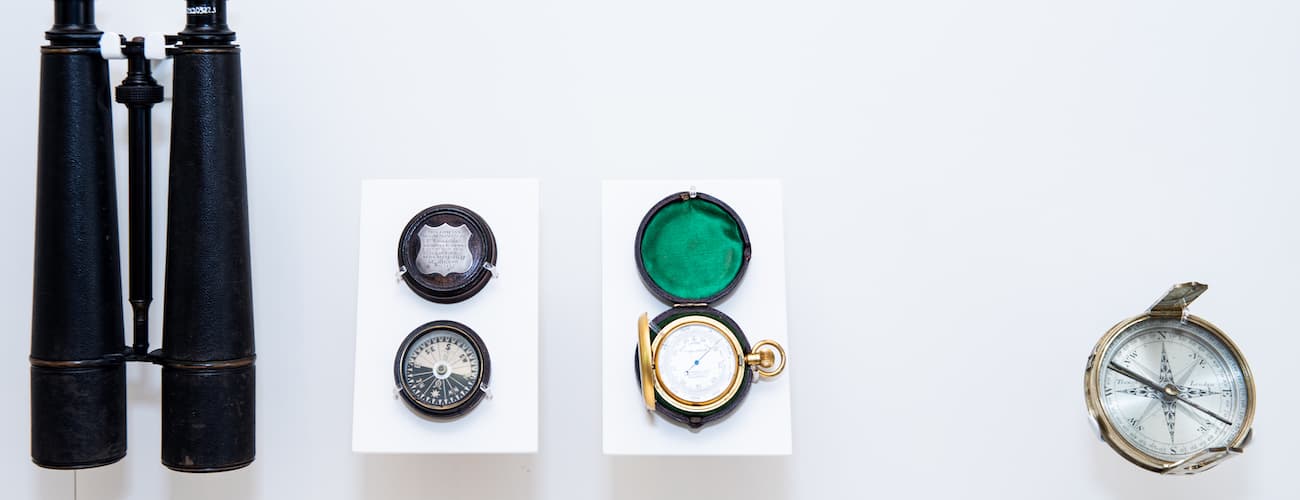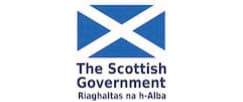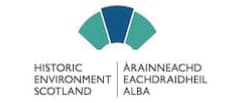Repatriation and Remediation Statement
Background
David Livingstone Trust is the primary repository of objects and documents relating to the life, career and travels of David Livingstone (1813-1873). The Museum holds and maintains its collections for present and future communities, visitors and researchers. Livingstone is renowned for his travels throughout the African continent and, subsequently, a third of the collection originates from Africa.
Statement
The Trust is working and will continue to work to be an open and inclusive environment, we actively seek out and maintain partnerships both nationally and internationally with communities who have a vested interest in our collections. We acknowledge the colonially collected nature of some of the objects we hold, and take all discussion and debate as a space to learn and develop as an institution and in our critical collections practice. As such:
- We aim to make all language clear and straightforward,
- All requests will be dealt with openly and fairly,
- We will respond to all requests in a timely manner,
- All conversations will be led with humility and respect,
- The Museum will not act in a punitive manner,
- We will consistently respect the objects and their history.
We act as respectful caretakers of the items in our collections and will endeavour to be led by communities of interest or vested groups. The repatriation of any object will be on a case-by-case basis. We will work to support, assist, and develop criteria that enable objects to be returned to the communities of interest, peoples, nations, or vested groups to whom the objects hold significant spiritual, historical, national, local, personal, moral, or ethical value; or in an act of good faith. We recognise that forms of knowledge and their presentation vary culturally and ethnically, for example, songs, oral histories, folklore, archaeological evidence, drawings, paintings etc.
We are aware that there are communities of interest, vested groups, or peoples for whom restitution causes significant risk and we will support them in the establishment of their agency to lead discussions about the object.
Our Collections and Their Origin
The Museum acknowledges the colonially collected nature of some of the objects in our collections and that there are many people, communities of interest and groups who have a vested interest in their display, care and representation. Primarily we emphasise that we cannot know or claim to know the circumstances in which objects were acquired and if consent was given. If consent was given to the object being acquired, we do not, and cannot claim to, understand the circumstances of that transaction, such as if it was enforced, coercive or violent. Likewise, we cannot know emphatically that which was bartered, presented, given as a token or willing exchanged for other objects.
Collections/Provenance Research
Research to provide more knowledge about items held in the collections is a primary function of the David Livingstone Birthplace Museum. The items in the Museum are representative of collective memory and remediation is ongoing. Objects will be contextualised as completely as possible, to aid their display, representation and interpretation beyond them as evidence of Livingstone’s life. We will
- Explore where the items have come from,
- What they are and their history,
- Understand the object’s social and cultural influence and role, and
- How, or if, they relate to cultures or practices.
Terminology
This statement uses the terms ‘items’ to refer broadly to everything held in the collections and ‘object’ to refer to any specific ‘item’, these terms are not intended to be pejorative. The following terms, when used in this statement, are understood to mean:
- Restitution - Is the process by which cultural property is returned to an individual or source community.
- Repatriation - Refers to the return of cultural property to its place or country of origin or state at the request of its government.
- Remediation - The actions that should be taken by the collection holding body to acknowledge the original owners and place of origin of material culture.
Points of Contact
For further information on our collection and to discuss any of the issues raised in this statement please contact Collections Manager - Rachael Smith - rachael.smith@dltrust.uk.
Our full Repatriation Policy can be downloaded Restitution and Repatriation Policy (PDF). This is updated on an annual basis, each October.
Further Resources
The following resources have informed this statement and are available for reference.






